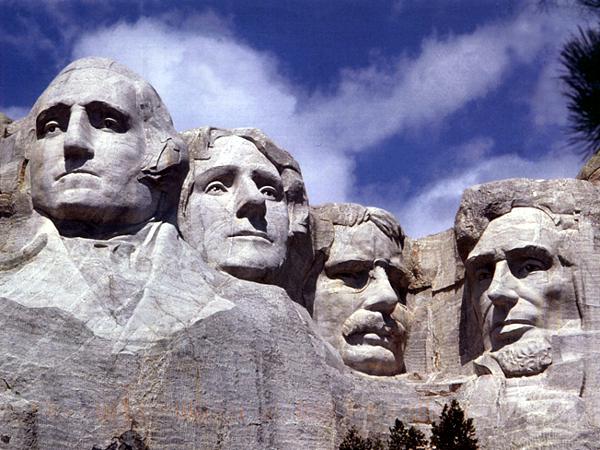Four Capabilities of Great Strategic Leaders
To gain access to all Ideas for Leaders content please Log In Here or if you are not already registered then Register Here.

Intellectual honesty, accountability, and self-awareness are three of the four key capabilities of strategic leaders – leaders capable of inspiring change, innovation, teamwork and competitive performance in their companies and organizations. The final and fourth key capability of strategic leaders is the ability to attract and develop great people – to be a ‘talent magnet’. Boards searching for CEOs, and CEOs searching for a top executive team must interview candidates and select CEOs with these four capabilities in mind. And once successful CEOs and C-suite leaders who lose any of these capabilities should be removed.
To read the full text on this Idea you will need to log-in or register with the Ideas for Leaders site. Please click here to log-in and here to register for the first time.
If you are a member of one of our Sustainable Leadership Communities you can log-in using your SLC log-in details, with your email prefixed by the community group you are in. eg: uk.jane.fraser@abcgroup.com

Ideas for Leaders is a free-to-access site. If you enjoy our content and find it valuable, please consider subscribing to our Developing Leaders Quarterly publication, this presents academic, business and consultant perspectives on leadership issues either as a digital subscription, or better still in a beautifully produced, small volume delivered to your desk four times a year.

For the less than the price of a coffee a week you can read over 650 summaries of research that cost universities over $1 billion to produce.
Use our Ideas to:
Speak to us on how else you can leverage this content to benefit your organization. info@ideasforleaders.com